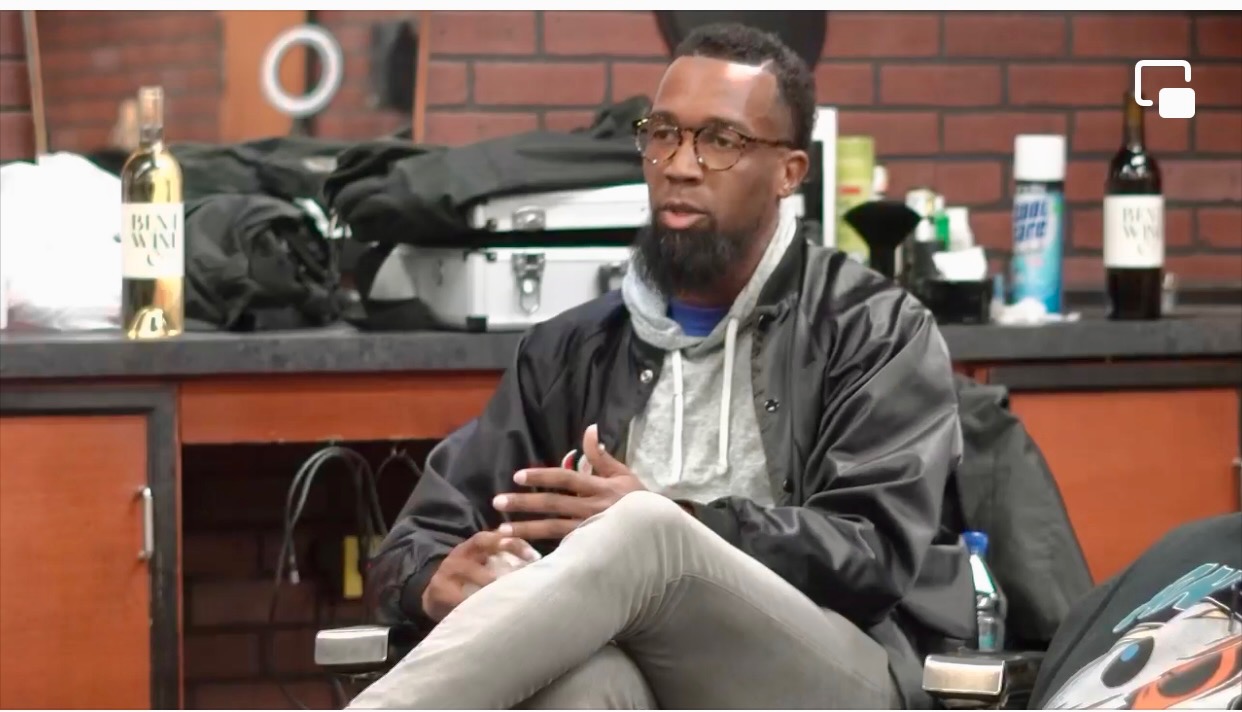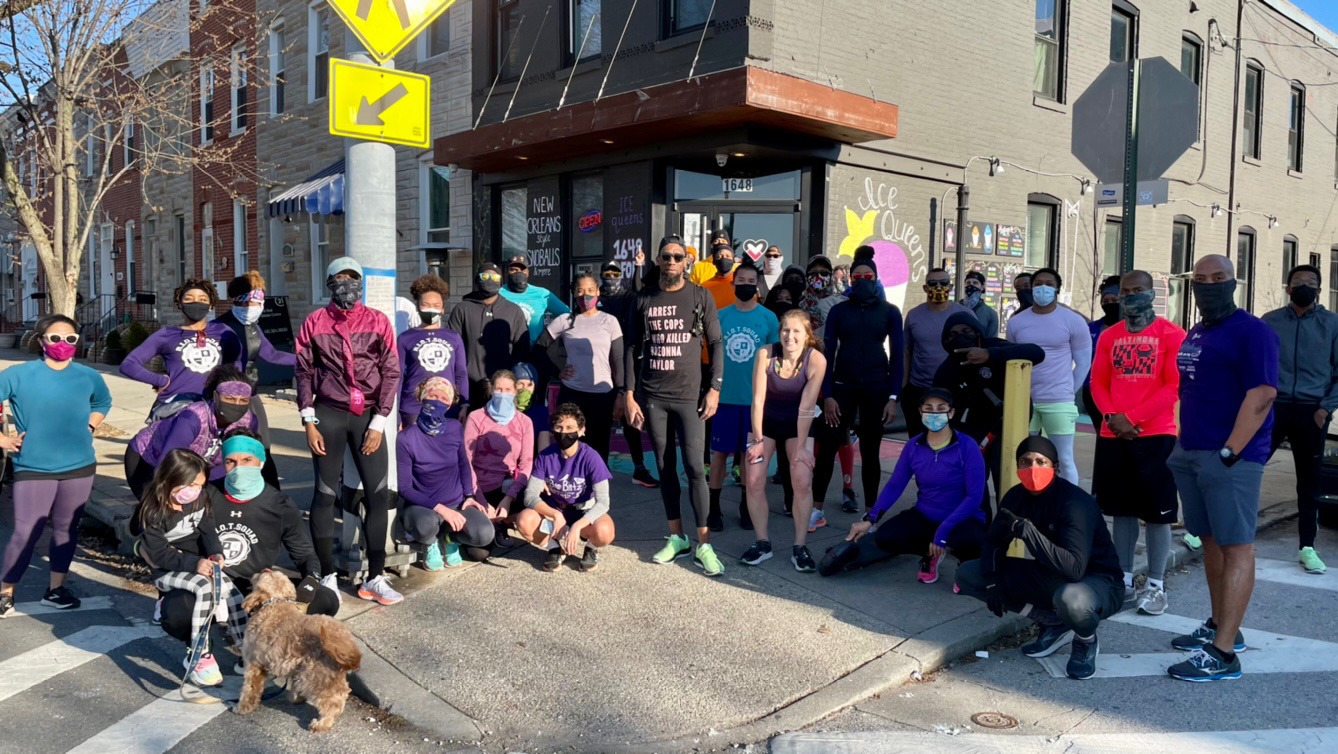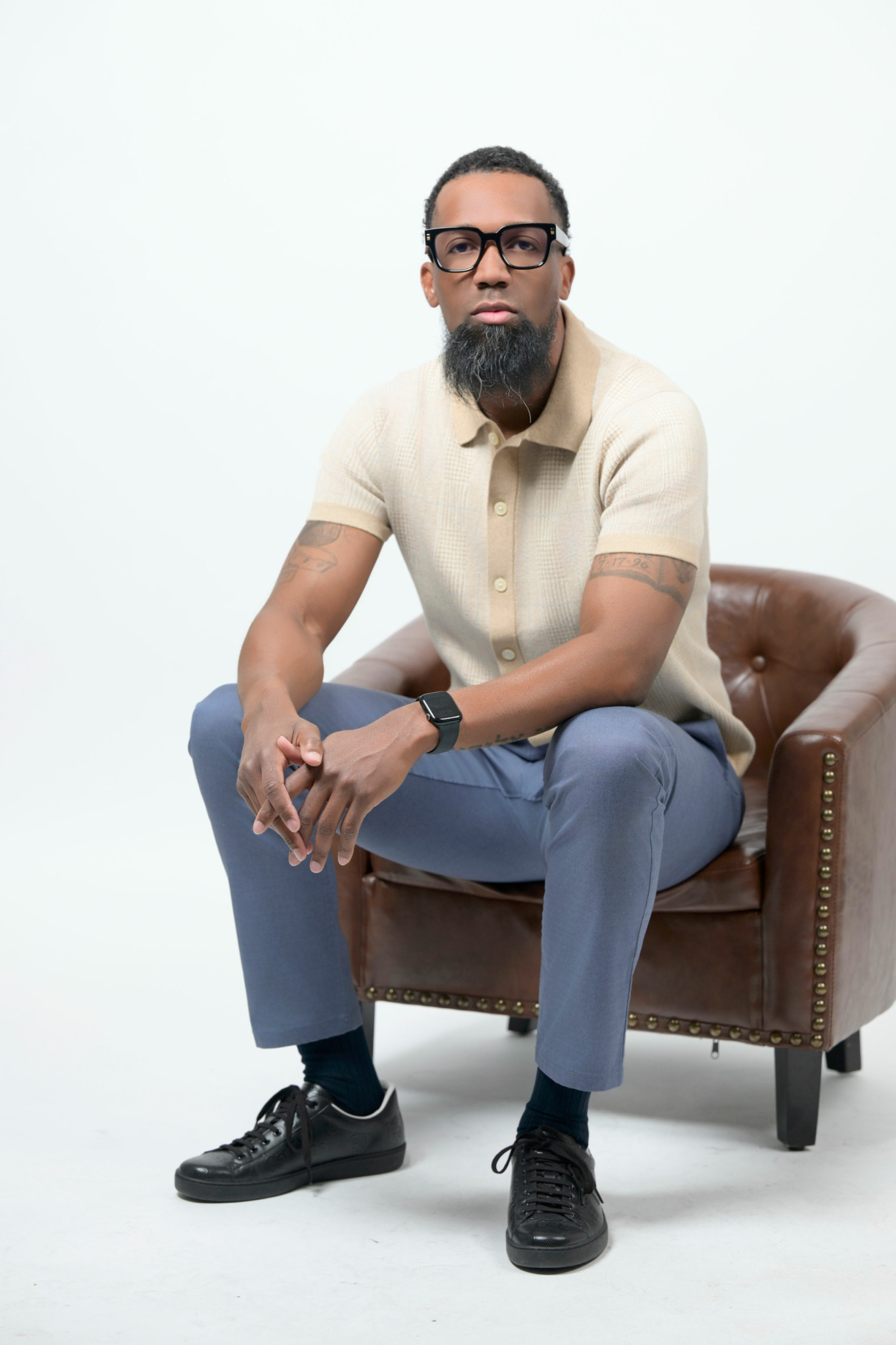We recently connected with Dwayne Speaks and have shared our conversation below.
Dwayne , thanks for joining us, excited to have you contributing your stories and insights. We’d love to hear the backstory of how you established your own practice.
The desire to open my own mental health practice has always been rooted in purpose. I realized early on—back in 2002, while working as a mentor in an after-school program—that my career would be grounded in human services and community care. That calling was further confirmed in 2009 when I completed my Bachelor of Science in Psychology with a minor in Marketing. From there, the path unfolded with both passion and complexity.
As a Black man from inner-city Baltimore, navigating my career journey was intertwined with personal identity work and environmental challenges. In addition to my deep commitment to mental health, I was also a professional musician—performing on stages with major artists. Balancing both worlds required intentional focus and clarity, especially in a field where representation, visibility, and access are often lacking for Black male clinicians.
A turning point came in 2015 when I joined the Baltimore City Department of Social Services. That role not only expanded my experience but also connected me with other social workers and mentors who supported my professional development. While earning my clinical licensure was challenging, it was achievable with persistence. What proved even more difficult was learning the business side of mental health—something graduate school doesn’t always teach. It was through the guidance of a clinical supervisor who believed in me that I learned the practical steps to build and sustain a private practice. That mentorship was essential.
If I could do anything differently, I would have started earlier. I would have moved directly into graduate school without taking a break and sought out mentorship sooner. Having someone who sees your potential and offers practical support is invaluable.
My advice to a young professional—especially a young Black man considering this path—is simple but powerful: believe in yourself, trust your vision, and stay connected to your “why.” If you can dream it, you truly can achieve it. Your presence in this field matters. Go after your heart’s desire. It belongs to you.

Dwayne , love having you share your insights with us. Before we ask you more questions, maybe you can take a moment to introduce yourself to our readers who might have missed our earlier conversations?
With over 20 years of experience in human services and behavioral health, I bring a culturally responsive, client-centered approach to supporting individuals and families across Maryland. I am a Licensed Certified Social Worker-Clinical (LCSW-C) with a bachelor’s degree in Psychology from Coppin State University and a master’s degree in Social Work from Morgan State University—educational experiences that deeply shaped my commitment to equity, service, and mental wellness.
My professional background includes work in community centers, youth development programs, homeless shelters, Head Start initiatives, and over a decade of service with the Baltimore City Department of Social Services in both Child Welfare and Adult Services. These settings have informed my systems-based perspective and strengthened my ability to serve diverse populations.
I provide therapy for children, adolescents, adults, couples, and families. My clinical focus includes anxiety, depression, trauma, ADHD, grief, relationship issues, identity exploration, and family systems. My approach is collaborative, trauma-informed, and grounded in cultural humility—ensuring each client feels seen, heard, and supported.
As a Black male clinician, I am passionate about bridging the gap in mental health access and representation for underserved communities. I strive to create a space where clients can reclaim their voice, build resilience, and move toward meaningful healing.
Outside of therapy, I enjoy playing music, running marathons, traveling, and spending time with my family and friends. I believe in living a life rooted in connection, joy, and purpose—values that I bring into the therapeutic space with every client.

Have you ever had to pivot?
Between 2002 and 2013, I held a variety of roles across the human services and mental health fields, including positions in research centers, community centers, group homes, and public schools. While these experiences offered exposure to a broad spectrum of systems and populations, I often found myself emotionally exhausted and professionally unfulfilled. At the same time, I was also pursuing a career as a professional musician—performing locally and nationally, which required extensive travel and time away from home. Balancing both career paths left me at a personal and professional crossroads.
In pursuit of change and new opportunity, I made the decision to take a leap of faith and relocate to Los Angeles to explore new possibilities for career growth. I packed my car and drove across the country, stopping only for fuel, driven by a desire to evolve both personally and professionally. However, my vision of building a life and career in Los Angeles quickly unraveled, and I was forced to return to Baltimore. That experience was both humbling and disorienting. I remember sitting on the plane ride home, emotionally overwhelmed and unsure of my next steps. A stranger seated next to me offered simple, yet profound words of encouragement: “Don’t give up. Believe in yourself.” That moment left a lasting impression.
Upon returning to Baltimore, I shifted my mindset and became laser-focused on building a sustainable and purpose-driven life. I leaned into the foundation I had already laid—a degree in psychology—and returned to the workforce with renewed clarity. I intentionally sought employment that would support my long-term goal of earning a master’s degree in social work and eventually opening a mental health practice.
This experience of pivoting—both personally and professionally—required deep reflection, prayer, sacrifice, and commitment. It also reaffirmed my belief that both my creative gifts and clinical skills can coexist and be used to empower others. My long-standing vision has always been to blend my identity as a musician and mental health professional to create meaningful impact in my community. This turning point was not a detour, but rather a necessary redirection that strengthened my purpose and resilience.

Putting training and knowledge aside, what else do you think really matters in terms of succeeding in your field?
In my experience, the most essential components for success in the mental health field are cultural competence, empowerment, and authentic engagement. When a clinician genuinely understands cultural competence—not only as a skill but as an ongoing practice of self-awareness and humility—it creates space to examine personal biases and view individuals and communities through a more empathetic and informed lens.
This understanding enhances our ability to serve clients effectively and ethically, while also shaping how we show up in the environments we work in. It fosters trust and connection, allowing us to build meaningful relationships across diverse communities. Whether engaging with schools, faith-based institutions, businesses, or neighborhood leaders, cultural competence becomes the foundation for collaboration, advocacy, and systemic impact.
Furthermore, when clients and community members feel truly seen and respected, it strengthens your professional reputation and visibility. It supports sustainability—not only in service delivery but in establishing credibility, loyalty, and long-term relationships within the communities you serve. In this field, success is not just measured by individual outcomes, but by how we empower others and contribute to collective well-being.
Contact Info:
- Website: https://www.anchorpointsolutionsgroup.org
- Instagram: @anchorpointmentalhealth
- Other: [email protected]




